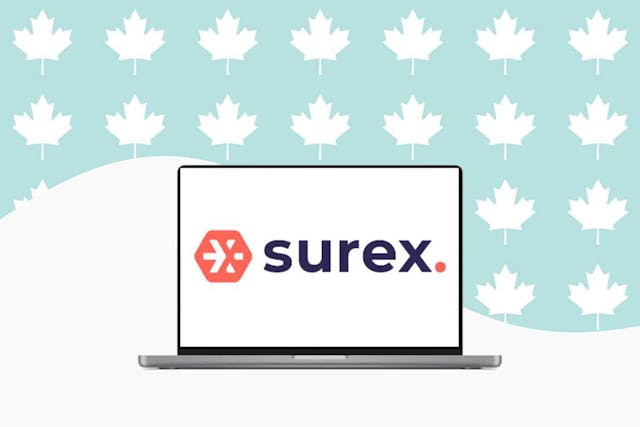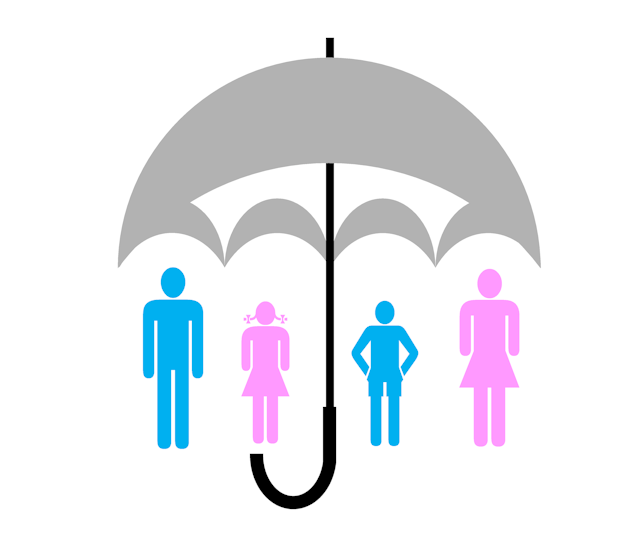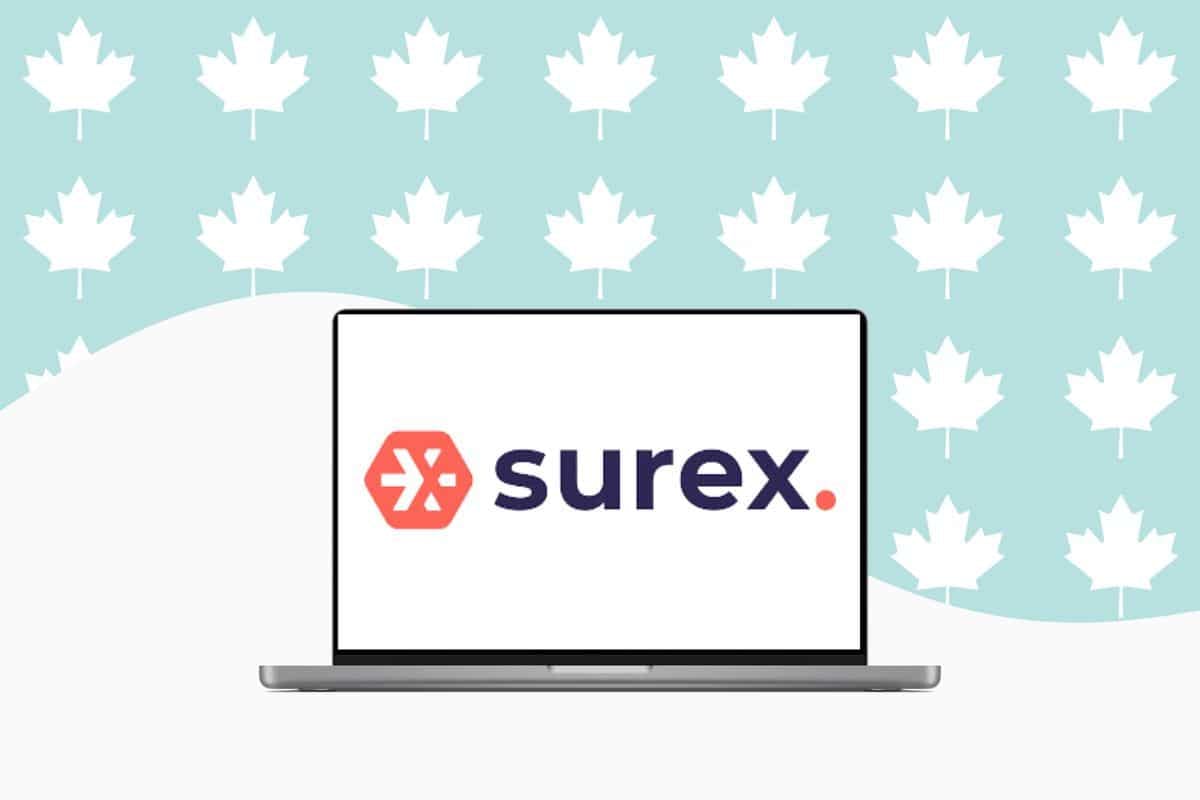Insurance
Popular articles about insurance

Should You Keep Comprehensive Car Insurance on an Old Car?

Short-Term Disability Insurance in Canada: Role, Limits and Benefits

Does Home Insurance Cover Theft Outside The Home In Canada?

Are Electric Cars More Expensive to Insure Than Gas-Powered Cars in Canada?

Surex Insurance Review

How to choose a life insurance policy in Canada
Frequently asked questions about insurance
How does life insurance work?
A life insurance policy is a bilateral contract between you and an insurance company. The premise of life insurance is that in exchange for regular premiums made to the policy while the policyholder is alive, the insurer will pay cash to the policyholder’s beneficiaries as a lump sum or in installments upon the holder’s death. The life insurance coverage amount you need is really a personal choice and dependent upon the annual expenses that your beneficiaries are expected to incur, as well as other costs (such as the education of a child) that you want to fund. To select the optimal type of life insurance for your needs, it is advisable to gather insurance quotes from several insurers and evaluate their terms, conditions and pricing (i.e., your premium) fully to determine what’s best for you and your family.
























